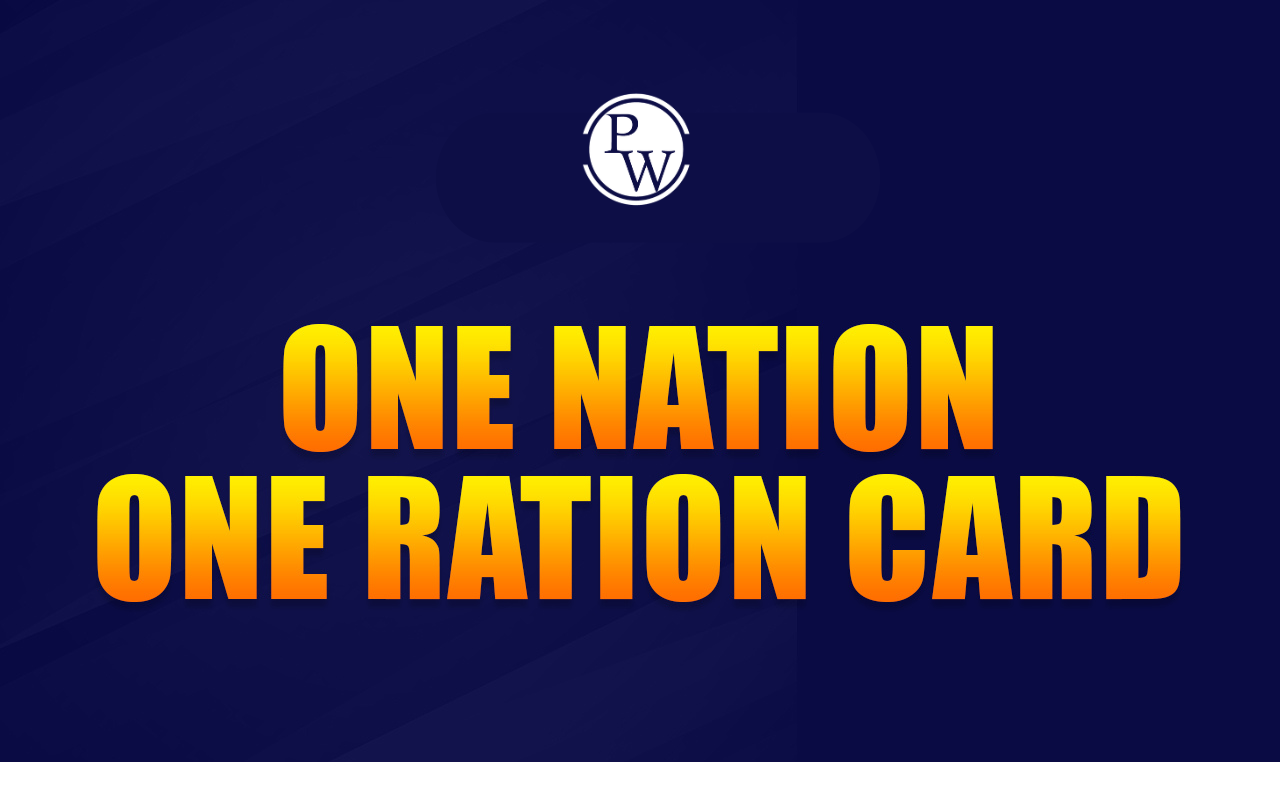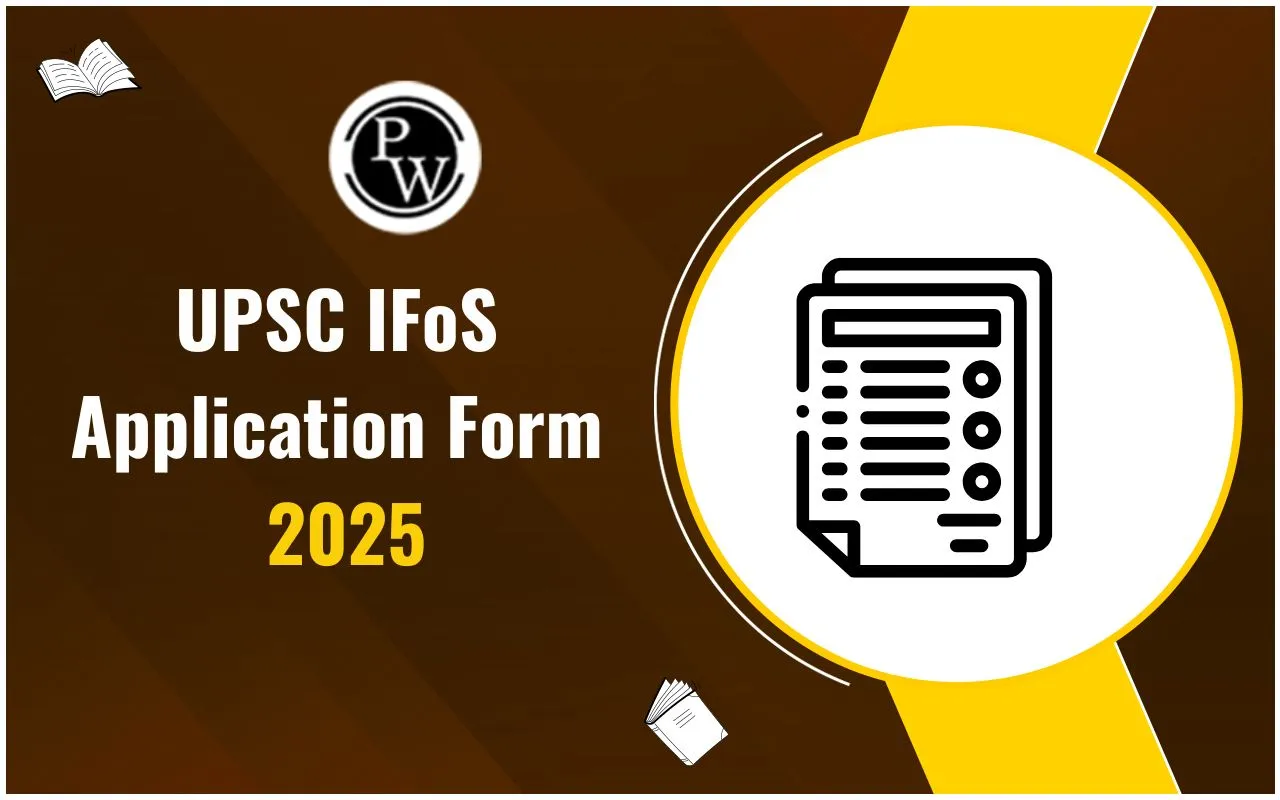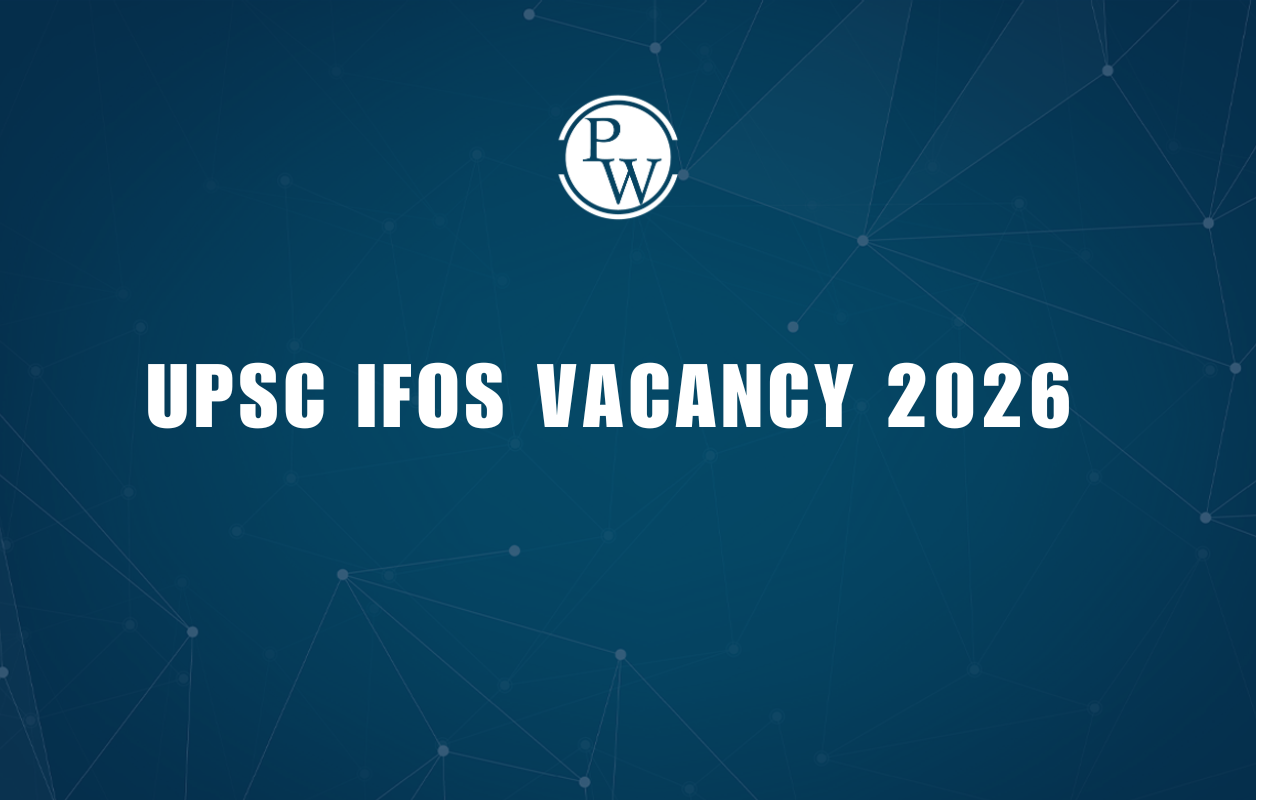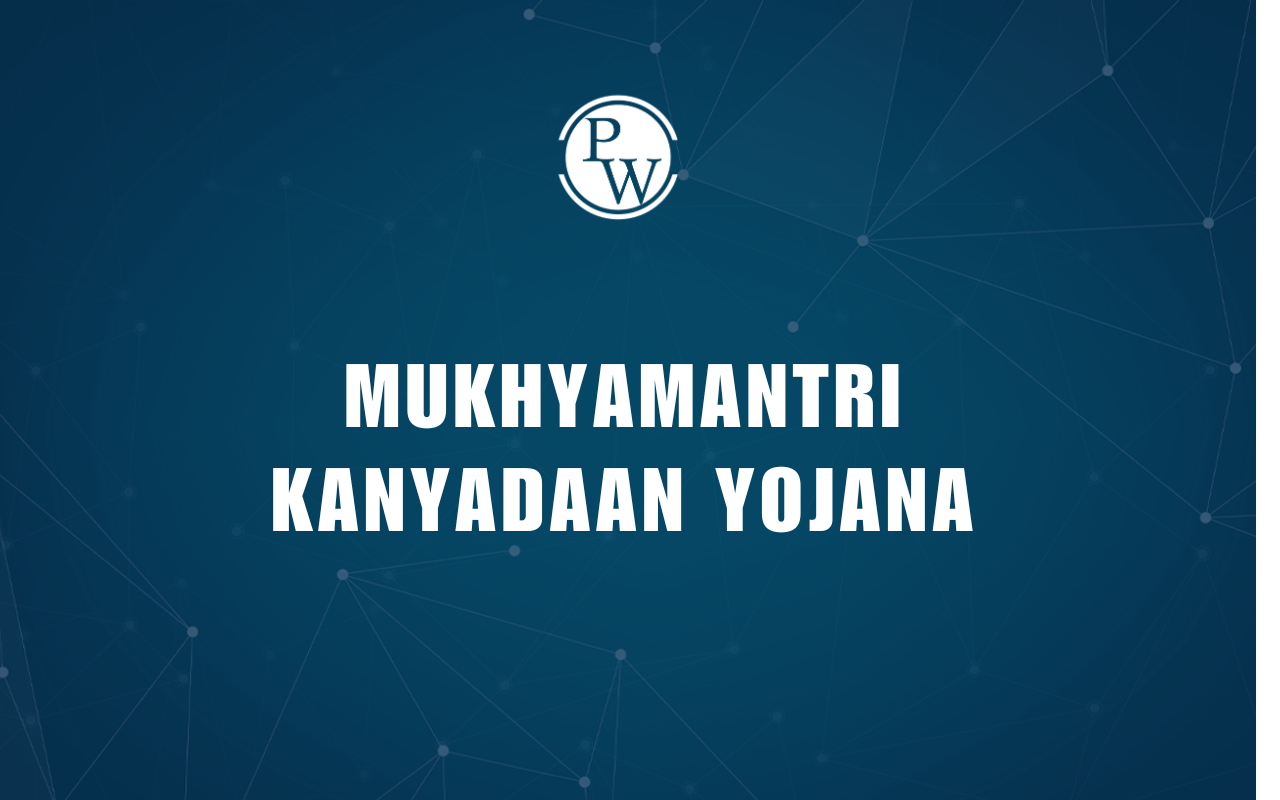
Household Income Survey 2026 has been announced to fill a long-standing data gap, as India has never carried out a national-level income survey before. Dr. Surjit S. Bhalla will lead a Technical Expert Group (TEG) to guide the effort. The Household Income Survey 2026 is expected to support better policy planning by providing insights into income distribution and highlighting income inequality.
Household Income Survey 2026 Overview
The Government of India will conduct the country’s first full-scale Household Income Survey in 2026 through the Ministry of Statistics & Programme Implementation (MoSPI). The survey will cover households across the country and will collect detailed data on their income sources. Here is an overview of the Household Income Survey 2026:
| Household Income Survey 2026 Overview | |
| Survey Name | Household Income Survey 2026 |
| Conducted by | Ministry of Statistics and Programme Implementation (MoSPI) through National Sample Survey Office (NSSO) |
| Scheduled Start | February 2026 (Expected) |
| Survey Type | First-ever comprehensive, nationwide household income survey covering rural and urban India |
| Purpose | To measure household income distribution, assess welfare, and understand structural economic changes over 75 years |
| Historical Context | Previous attempts since 1950s failed due to underreporting and data reliability issues |
| Key Innovations | Use of digital tools to capture impact of technology adoption on wages and household income |
| Expected Outcomes | Detailed insights into income distribution, impact of technology on wages, and more accurate macroeconomic indicators |
Household Income Survey 2026 Objectives
The Household Income Survey 2026 will seek to address past challenges in collecting reliable income data and offer a clearer view of income distribution and welfare across rural and urban India. Its objectives are:
-
Measure income distribution across Indian households at a national scale.
-
Fill a key data gap by generating reliable income data for welfare and inequality analysis.
-
Assess how technology adoption affects household earnings.
-
Understand long-term structural changes in the Indian economy.
-
Support targeted welfare schemes and evidence-based policymaking.
Household Income Survey 2026 Key Features
The key features of the Household Income Survey 2026 are as follows:
-
First of its kind: India’s first comprehensive national survey on household income, conducted by MoSPI through the National Sample Survey (NSS).
-
Expert oversight: Guided by a Technical Expert Group chaired by Dr. Surjit S. Bhalla, overseeing survey design, methodology, sampling, estimation techniques, and reporting.
-
Global standards: Adopts best practices from countries like the US, Canada, Australia, and South Africa for improved data quality.
-
Bridging data gaps: Fills a critical gap in income and welfare data due to past collection challenges.
-
Integrated approach: Complements existing NSS surveys on enterprises, services, capital expenditure, and tourism.
-
Policy impact: Supports evidence-based decisions on inequality, poverty, and welfare schemes.
-
Focus on technology's impact: A unique feature of the survey is its analysis of how technology adoption affects wages and income, reflecting structural changes in the economy.
Past Household Income Survey in India
India has never conducted a full-fledged, comprehensive nationwide household income survey. However, there have been attempts to collect income data experimentally during the 1950s consumer expenditure surveys (NSS Rounds 9 in 1955 and 14 in 1958–59), but the results were never officially released due to concerns over data quality.
In the 1960s, the Integrated Household Survey (IHS) under NSS Rounds 19 (1964–65) and 24 (1969–70) tried tracking receipts and expenditures. However, the effort was discontinued when income estimates didn’t match up with consumption and saving data. Another small study in 1983–84 tested if collecting income data on a large scale was possible, but it didn’t lead to a full survey because of similar problems.
Since then, NSS has focused on expenditure, consumption, and employment. Now, after decades, the Household Income Survey 2026 marks a return to collecting household income but with a better design and method.
Want to excel in civil service preparation? Explore PW UPSC Courses to boost your understanding of the syllabus and stay ahead in your learning!
Household Income Survey 2026 FAQs
What is the Household Income Survey 2026?
When will the Household Income Survey 2026 start?
Who will conduct the Household Income Survey 2026?
Who leads the expert panel of the Household Income Survey 2026?
How will the Household Income Survey 2026 data be used?

UPSC Coaching






